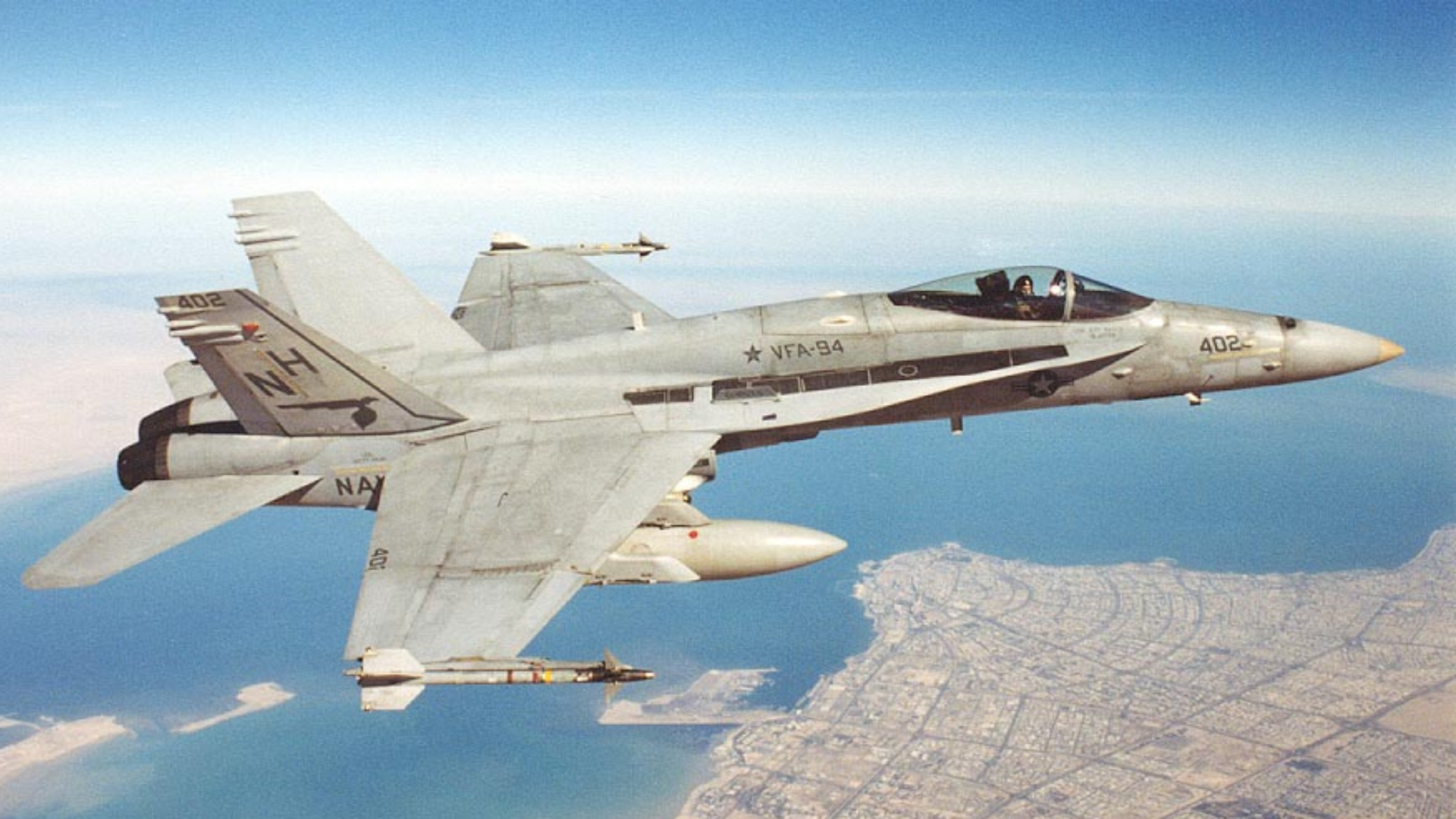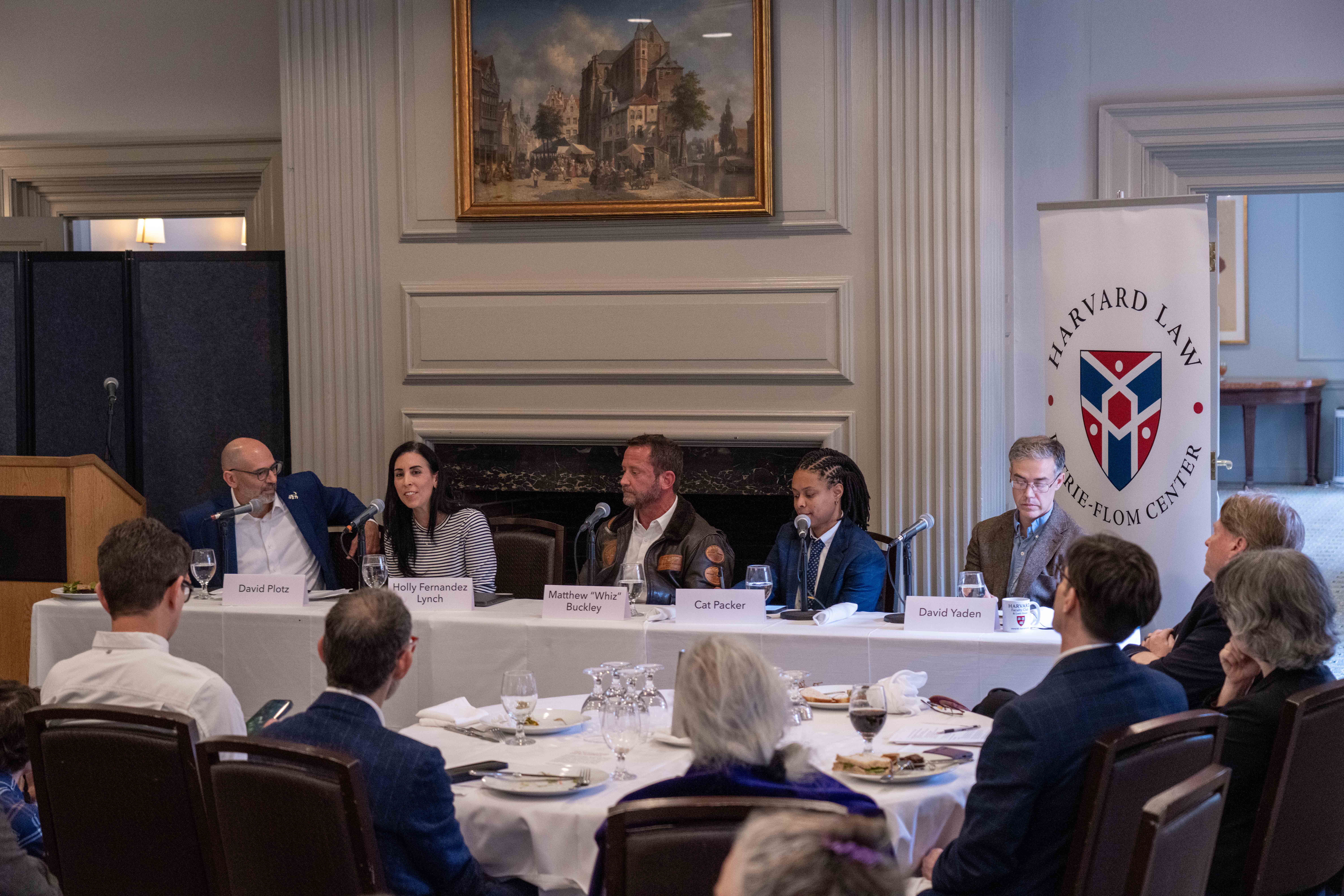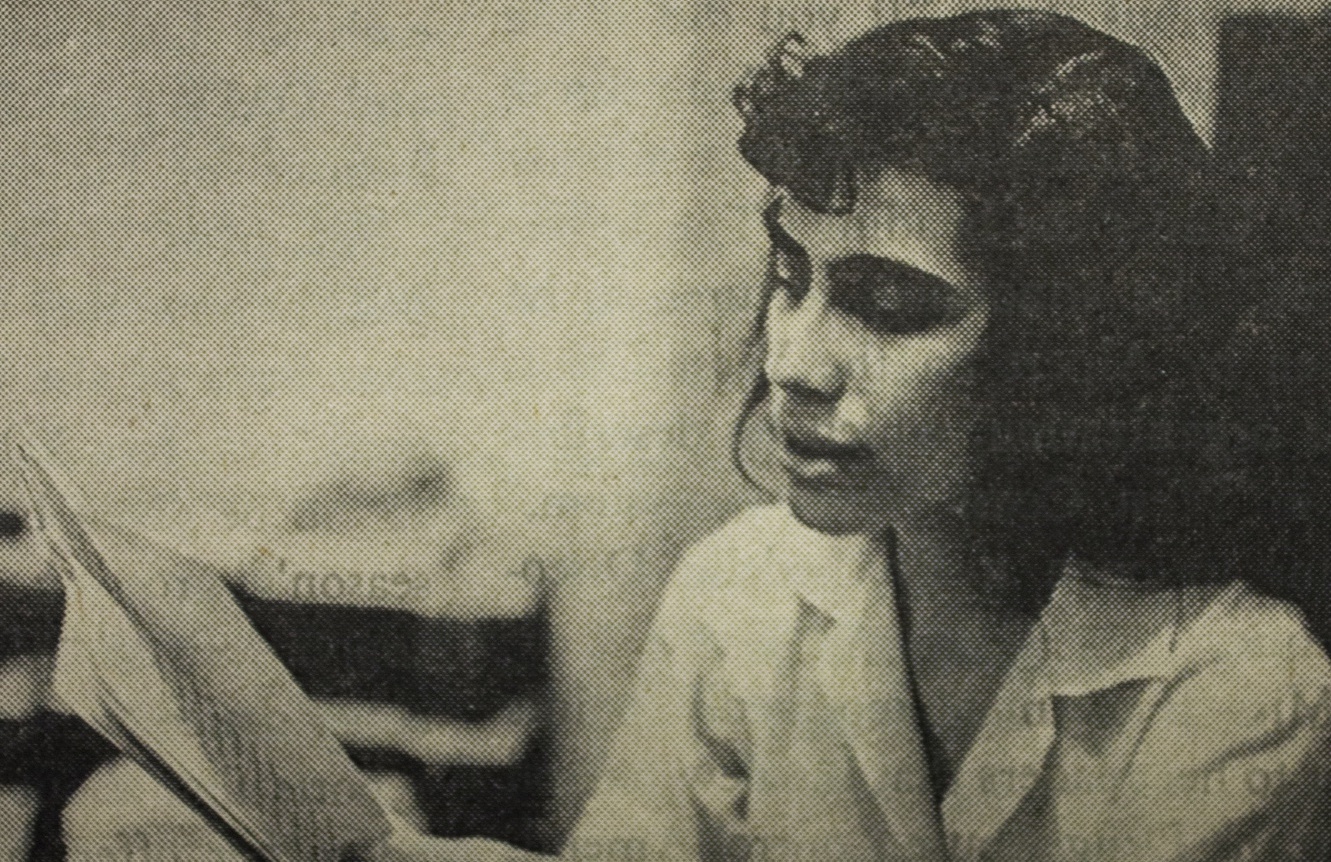From Fighter Pilot to Faith Leader: Why Entheogenic Healing Is a First Amendment Issue
I spent 15 years as a U.S. Navy fighter pilot, including flying F/A-18 Hornets on combat sorties over Iraq. I believed deeply in the mission I swore to uphold: defending the Constitution of the United States against all enemies, foreign and domestic.

Published
Author
Photo Credit
Matthew “Whiz” Buckley
Share
I spent 15 years as a U.S. Navy fighter pilot, including flying F/A-18 Hornets on combat sorties over Iraq. I believed deeply in the mission I swore to uphold: defending the Constitution of the United States against all enemies, foreign and domestic.
What I didn’t realize then was that years later — long after the catapult shots, carrier landings, the crushing G-forces, and the constant physiological strain unique to tactical aviation — I would face a different kind of danger entirely. Over the course of my career and in the years that followed, I lost 16 aviator brothers and sisters in mishaps, none of them in combat. Four of my F/A-18 squadronmates died by suicide, a tragic pattern that is far more common in military aviation than most Americans realize. Fighter pilots endure a culture that normalizes exhaustion, compartmentalization, and heavy drinking while absorbing repeated blasts of radar energy, violent maneuvers, and the unspoken expectation to “push through anything.”
But beneath the fighter pilot calm I projected, I was carrying wounds much older and deeper. I am a survivor of childhood sexual abuse, and when I was a young teenager, my 19-year-old sister was killed by a drunk driver, an event that shattered my family and reshaped my life. Layered on top of the losses of so many friends and fellow aviators, the accumulated trauma eventually closed in.
Like many veterans, I returned home carrying invisible injuries. The data surrounding veterans’ health underscores the scale of the crisis we face. For example, studies now show that veterans diagnosed with cancer are 60 percent more likely to die by suicide. Add to this the psychological load of childhood trauma, military trauma, and the wrenching transition back into civilian life, and I was living in a perfect storm.
Conventional treatments didn’t work. Talk therapy helped but didn’t heal. Medications numbed but never resolved.
What finally saved my life was something unexpected: a legal, medically guided ibogaine treatment outside the United States. Ibogaine remains illegal under U.S. federal law as a Schedule I substance, yet is used in therapeutic contexts in Mexico, New Zealand, and elsewhere.
Within hours, decades of shame, trauma, and addiction fell away. I walked out of that experience with a renewed relationship to God — not the distant figure of my childhood Catholic upbringing, but a presence that met me directly, without intermediaries.
That experience changed everything. It also forced me to confront an uncomfortable truth: Had I undergone the same healing on U.S. soil, I would have been breaking federal law.
In other words, veterans are being forced to leave the country to heal trauma they incurred while serving it.
Health, Law, and the American Veteran
We are in the middle of what many call the “psychedelic renaissance,” but the legal framework remains frozen in time. Substances like ibogaine, psilocybin, and 5-MeO-DMT are listed under the Controlled Substances Act (CSA) as Schedule I, a category reserved for drugs with “no accepted medical use” and “a high potential for abuse.”
This classification persists despite emerging research from institutions such as:
- A Johns Hopkins Medicine study showing psilocybin-assisted therapy can produce “substantial and sustained decreases in depression and anxiety.”
- NYU Grossman School of Medicine research demonstrating a reduction in end-of-life distress after a combination of psilocybin and psychotherapy.
- Stanford Medicine research showing psychedelic-assisted treatments safely led to improvements in PTSD for military veterans.
- Ohio State University research showing promising results of decreased depression five years after psilocybin treatment.
The FDA has granted Breakthrough Therapy Designation to multiple psychedelic therapies for PTSD and major depression, including MDMA-assisted therapy .
For veterans — a population with high rates of PTSD, chronic pain, addiction, and suicide — these substances are lifesaving.
Current law creates a stark contradiction:
- The right to health drives veterans to pursue therapies that heal.
- The law criminalizes many of those therapies domestically.
- The First Amendment, particularly the Free Exercise Clause, protects religious practices that incorporate entheogenic sacraments.
This legal collision is where my work now lives.
Building a Veteran-Centered Entheogenic Church
After my own healing, I founded the Sacred Warrior Fellowship, a Florida-based 508(c)(1)(A) religious organization. This classification falls under the Internal Revenue Code governing “churches, their integrated auxiliaries, and conventions or associations” (26 U.S.C. §508(c)(1)(A)).
We use entheogens as sacraments for spiritual communion and healing. Our model echoes established entheogenic churches such as:
- União do Vegetal (UDV), whose sacramental ayahuasca use is protected under U.S. law following a unanimous Supreme Court ruling.
- Santo Daime, whose practices were upheld under the Religious Freedom Restoration Act (RFRA).
- The Church of the Sacred Circle of Singularism, which recently prevailed in federal court in Utah, where the judge held that the federal government failed to demonstrate a compelling interest in prohibiting the church’s sacramental psilocybin use. The court emphasized that under RFRA, the government must provide individualized exemptions for sincere religious entheogenic practice.
Under RFRA, the federal government must show both a compelling interest and the least restrictive means when burdening religious practice.
The Supreme Court has affirmed that religious use of entheogens can be protected and the government must evaluate each case individually, not apply blanket prohibitions.
The goal of Sacred Warrior Fellowship is straightforward: to provide a legal, safe, spiritually grounded container where veterans can heal and reconnect with the divine within — without becoming criminals in the process.
My Strategic Objective
For many veterans, entheogenic healing is not recreational drug use. It is a matter of life, death, and religious freedom.
The law must evolve to reflect that reality.
We need a framework that:
- Honors RFRA and existing Supreme Court precedent
- Acknowledges emerging medical evidence
- Establishes clear pathways for religious and therapeutic use
- Protects veterans from criminalization as they seek healing
- Respects the constitutional rights of those who served to protect it
In the fighter pilot community, we say a jet returning to the aircraft carrier is “coming home.”
For me, and for many veterans, entheogenic sacraments are the first time we have truly returned home — to our faith, to our families, and to ourselves.
With an estimated 22 veterans ending their lives every day, it is time for our laws to catch up.
As General Patton said:
Lead.
Follow.
Or get out of the way.
Fight’s On!


